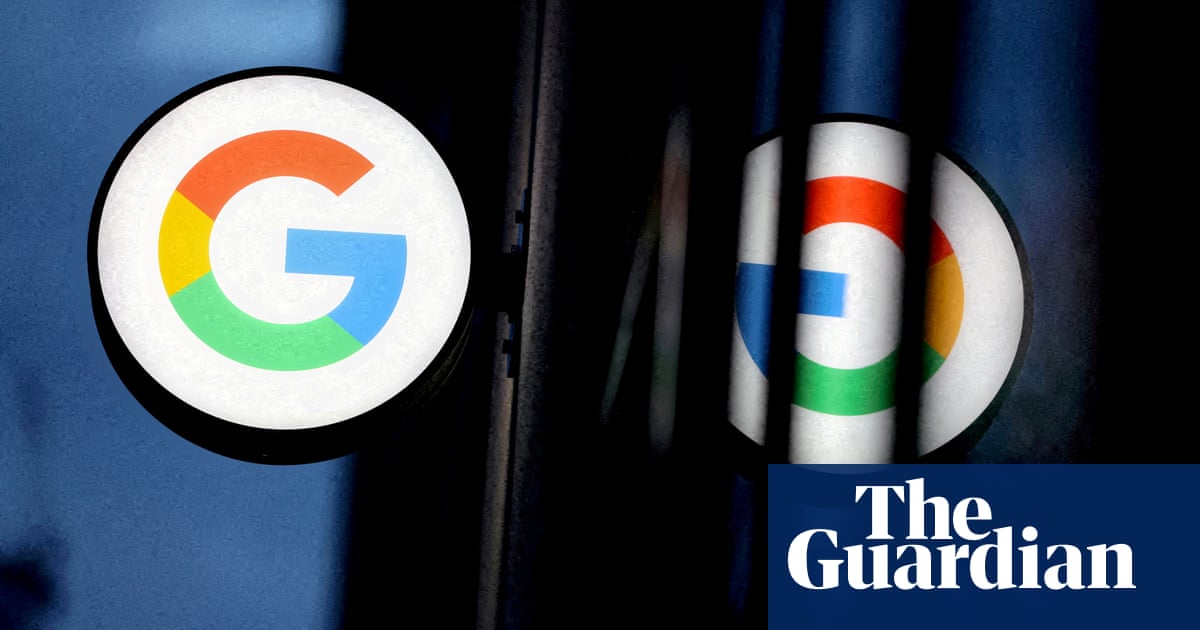Alphabet’s Google must sell its Chrome browser, share data and search results with competitors and take a range of other measures to end its monopoly on searching the internet, US prosecutors have argued to a judge.
Such changes would essentially result in Google being highly regulated for 10 years, subjecting it to oversight by the same Washington federal court that ruled the company maintained an illegal monopoly in online search and related advertising.
Google controls about 90% of the online search market.
“Google’s unlawful behaviour has deprived rivals not only of critical distribution channels but also distribution partners who could otherwise enable entry into these markets by competitors in new and innovative ways,” the US Department of Justice (DoJ) said in a court filing.
The court papers filed on Wednesday night expand on an earlier outline on how the US wants to end Google’s monopoly. Google called the proposals radical at the time, saying they would harm US consumers and businesses and shake American competitiveness in artificial intelligence.
The company has said it will appeal.
The DoJ demands are wide-ranging, including barring Google from re-entering the browser market for five years and insisting Google sell its Android mobile operating system if other remedies fail to restore competition.
The department has also requested a prohibition on Google buying or investing in any search rivals, query-based artificial intelligence products or advertising technology.
The DoJ and a coalition of states want US district judge Amit Mehta to end exclusive agreements in which Google pays billions of dollars annually to Apple and other device vendors to make its search engine the default on their tablets and smartphones.
Google will have a chance to present its own proposals in December.
Mehta has scheduled a trial on the proposals for April, though president-elect Donald Trump and the DoJ’s next antitrust head could step in and change course in the case.

